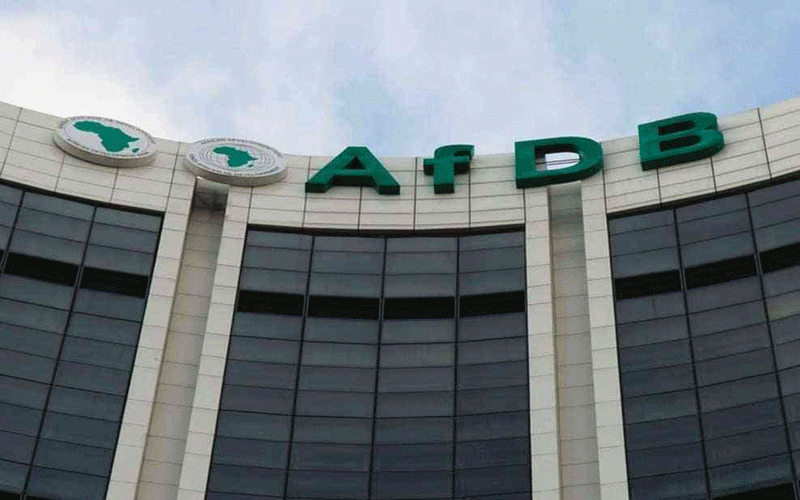
THE African Development Bank (AfDB) has urged the government to leverage its vast natural resources to raise revenue at a time when authorities are relying on fines and penalties to raise additional revenue. The reliance on these new tax heads has created hurdles for businesses as they face new bills after extra tax assessments.
Recently, industry leaders called for a unified taxation system to ease the burden of multiple taxes, warning that overlapping statutory obligations are now stifling business growth.
The Zimbabwe Revenue Authority (Zimra) has been accused of an aggressive audit drive, which is intensifying cost pressures on firms, risking alienation of otherwise compliant taxpayers. These rising costs come amid rigorous scrutiny of company books, resulting in additional taxes as the authority pursues a steep US$7,2 billion revenue collection target this year.
According to the AfDB, total revenue for 2024 was estimated at 17% of gross domestic product (GDP)—about US$6,58 billion — up 14,6% the previous year, driven by intensified domestic revenue mobilisation efforts.
For the current fiscal year, the lender projects this figure to rise to 19,7% of GDP.
“In 2024, tax revenues accounted for about 93,6% of total revenue and non-tax revenue constituted 6,4% of total revenue,” the Abidjan-headquartered lender said in its report.
“The primary sources of non-tax revenue in 2024 were the sale of goods and services, property income, fines, penalties and forfeits. In comparison, in 2022, non-tax revenues in Africa averaged 6,2% of GDP among the 35 countries reporting data on these revenues.
“This was driven mainly by rents and royalties and other property income (for example, interest and dividends) amid rising commodity prices.”
- Experts downbeat as Ncube cuts GDP forecasts
- New perspectives: De-link politics from Zim’s education policies
- New perspectives: Building capacity of agricultural players in Zim
- I am not scared: AfDb chief shrugs off Africa food crisis
Keep Reading
However, the bank cautioned that raising revenue alone is not enough.
“Improving public spending efficiency in Zimbabwe is critical for fiscal consolidation and sustainable-inclusive growth. Public spending is constrained by weak revenue mobilisation, inadequate allocative efficiency and pro-cyclicality, worsened by high inflation (World Bank, 2025),” AfDB said.
“In 2024, employee compensation constituted 45% of total expenditure (48% of revenue), 21,2% went to operations and capital expenditure was 25,49%, well below infrastructure needs. To bridge this gap, the government seeks to crowd in private sector funding. This requires generating adequate public revenue and deploying it effectively to support development objectives.”
The bank noted Zimbabwe’s rich renewable natural resources, such as land, forest, water, wildlife and sunshine, and non-renewable resources, such as minerals and gas, are sources for additional revenue collection opportunities.
Exploiting these natural resources, AfDB said, provided significant socio-economic growth opportunities that could lead to better revenue collection.
“Like other resource-rich countries, Zimbabwe faces challenges in ensuring sustainable use, including transparency and accountability in natural resource accounting, utilisation and revenue management.”
The bank revealed that the Zimbabwe National Statistics Agency, in collaboration with the United Nations, seeks to implement the system of environmental economic accounting to integrate natural capital into national accounts and improve regular reporting.
“Mainstreaming the NCA [natural capital accounting] could lead to natural capital being consistently integrated in the national accounts,” AfDB said.
“Zimbabwe can leverage its membership in the Africa Natural Capital Community of Practice as a platform to quantify its natural capital.”










